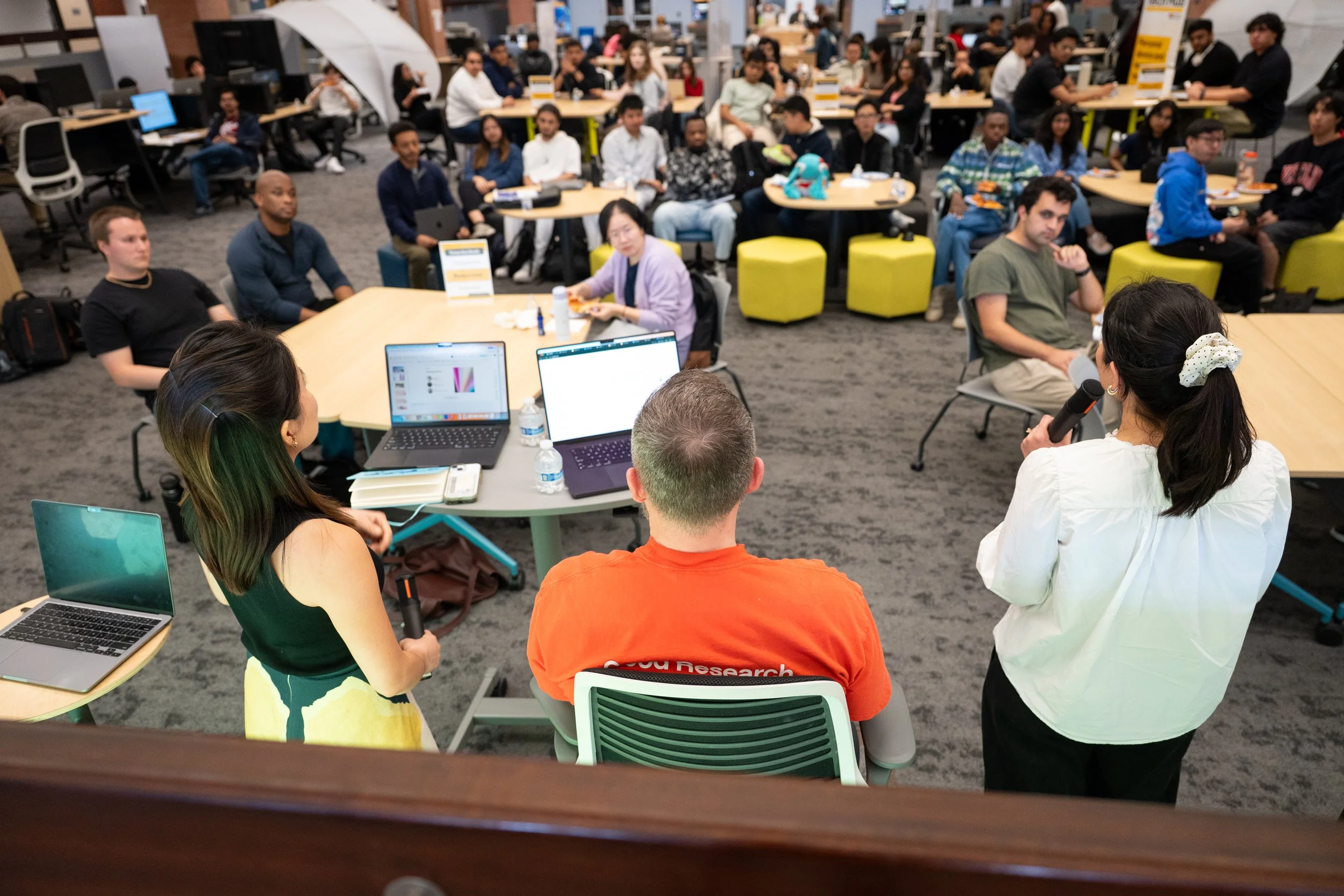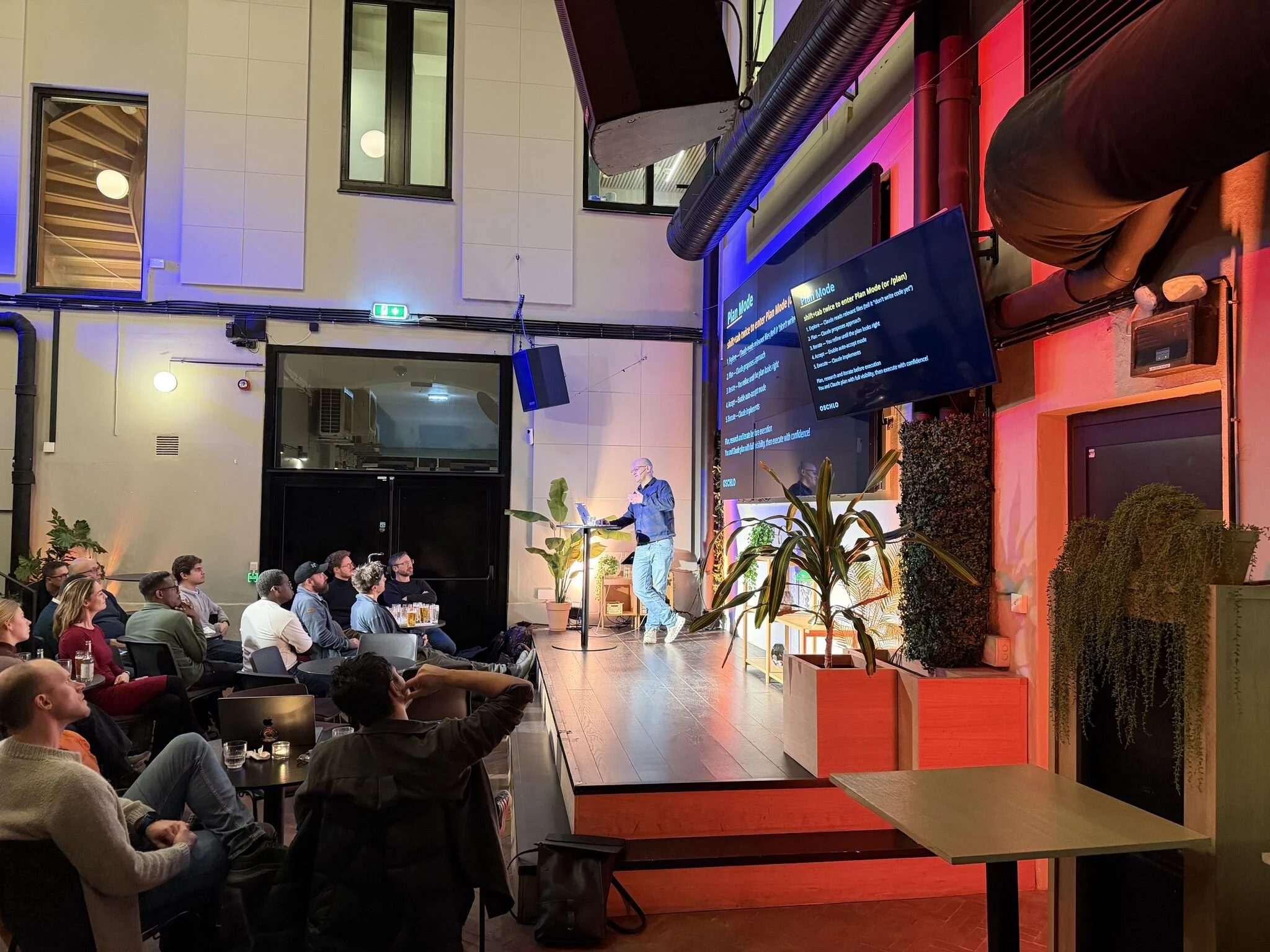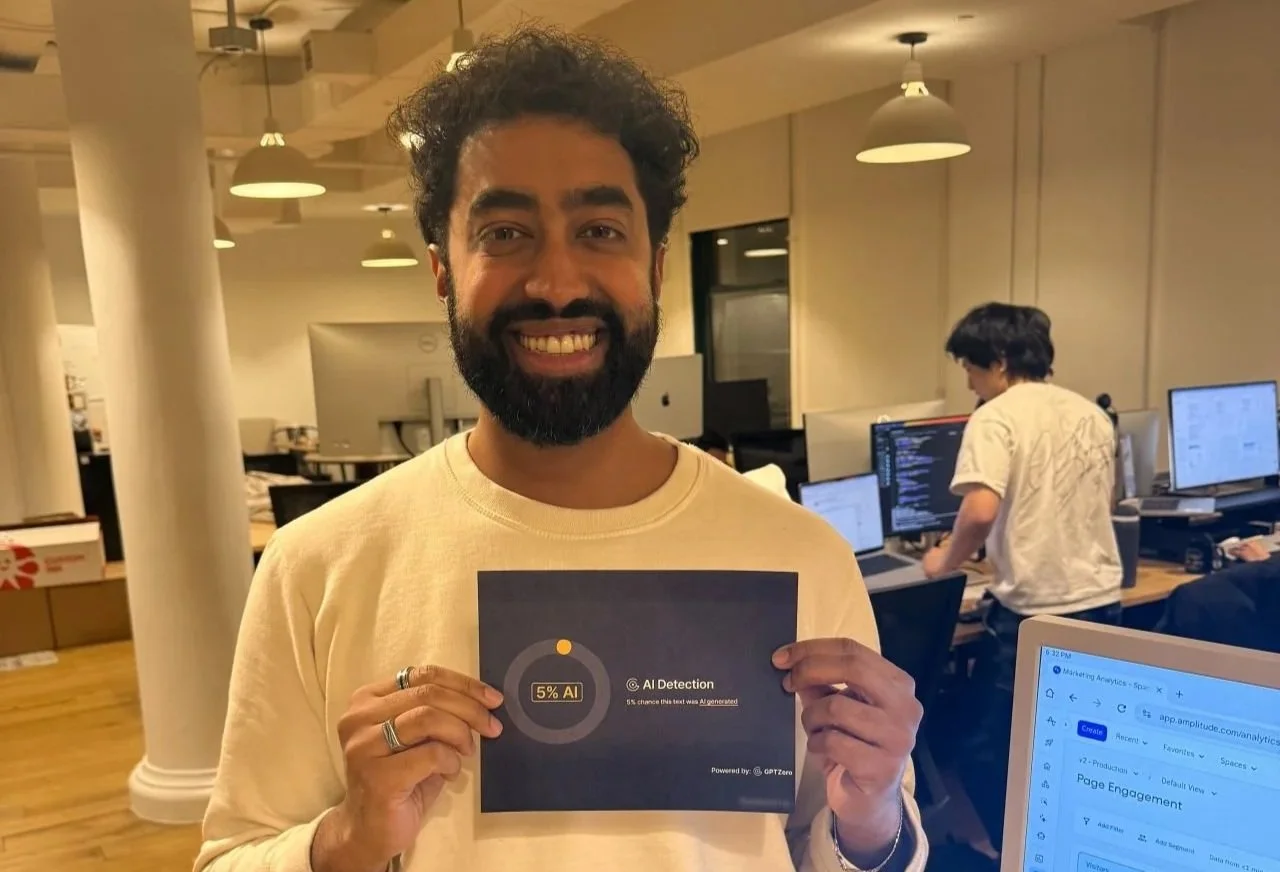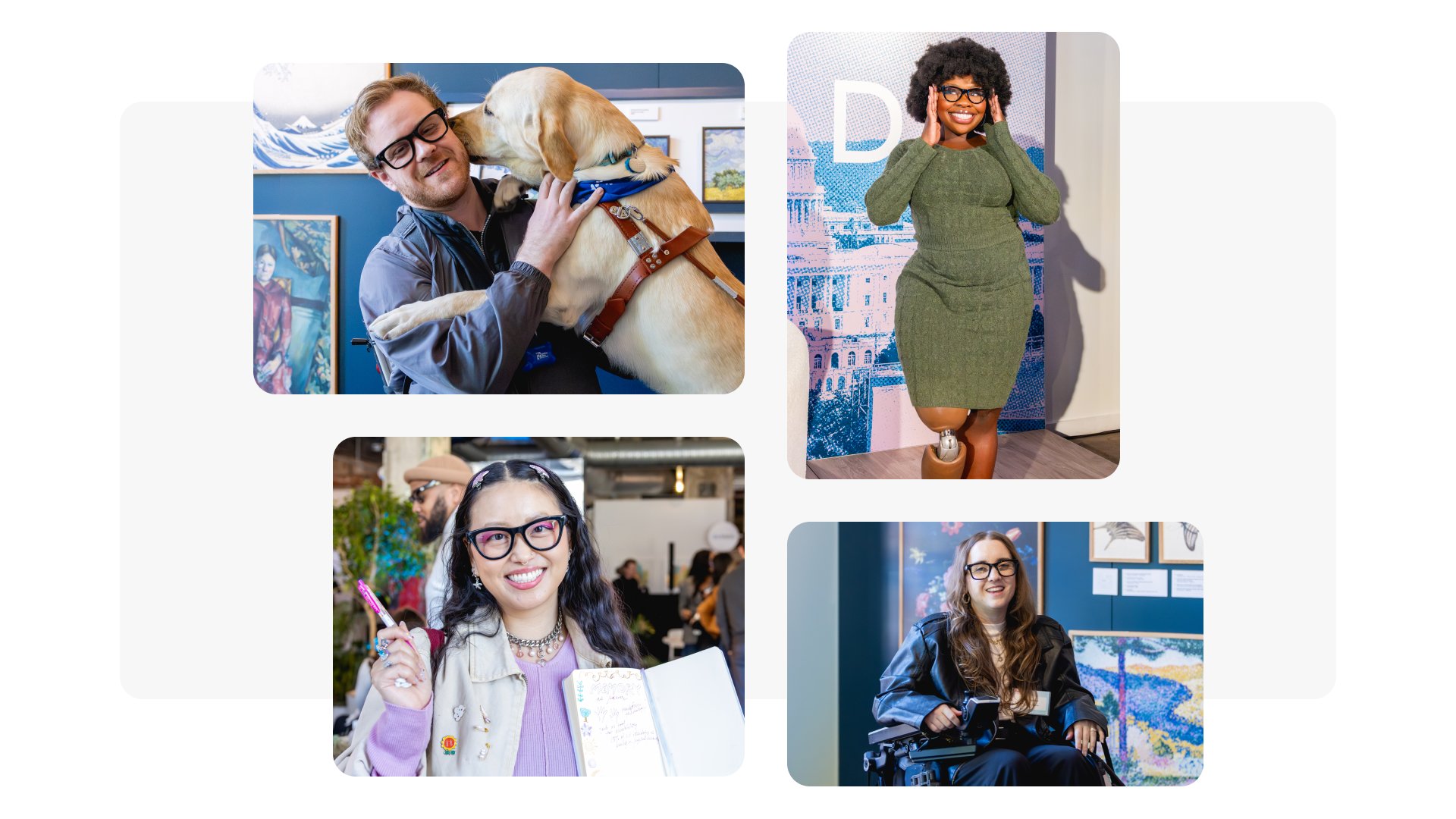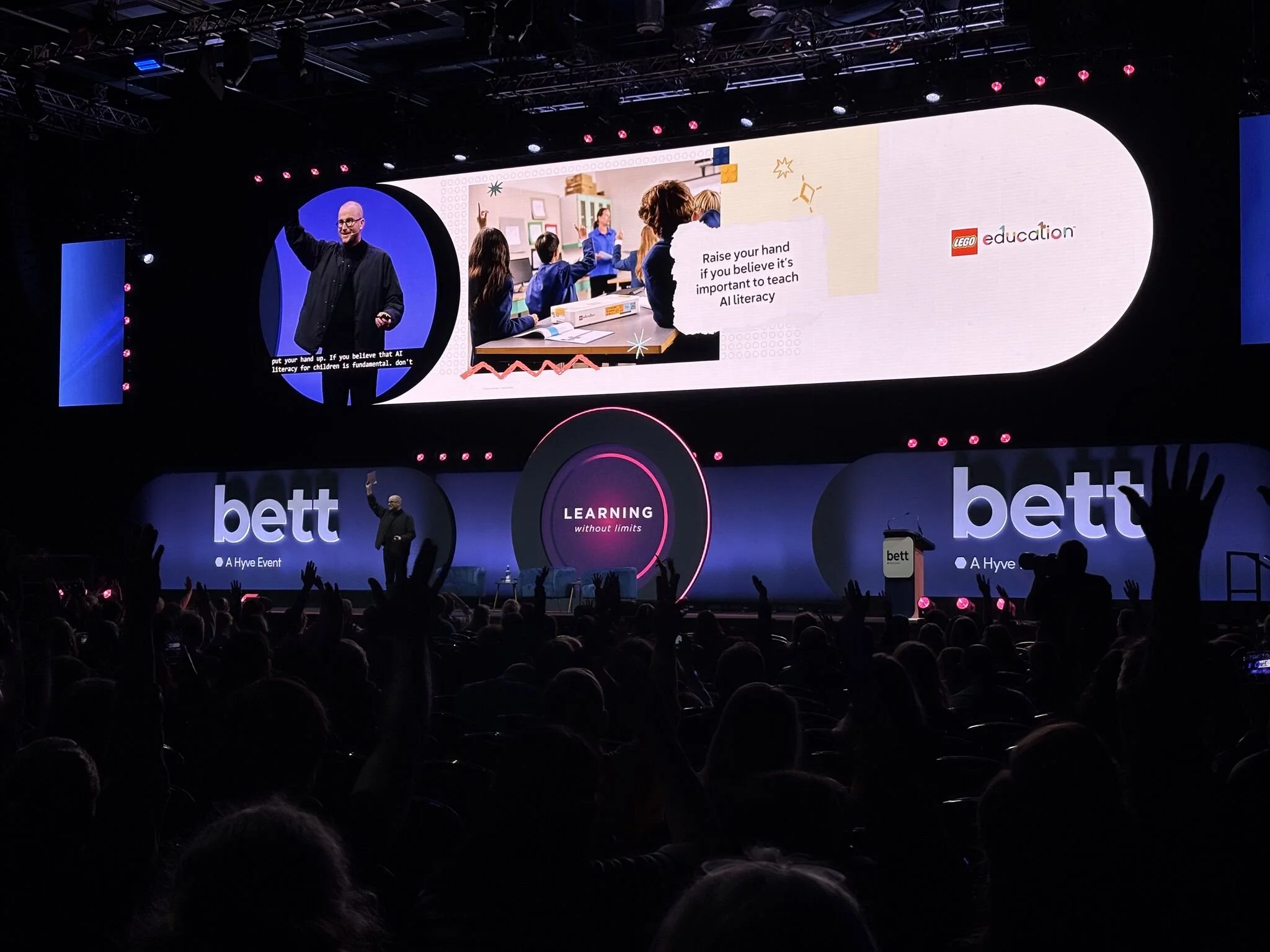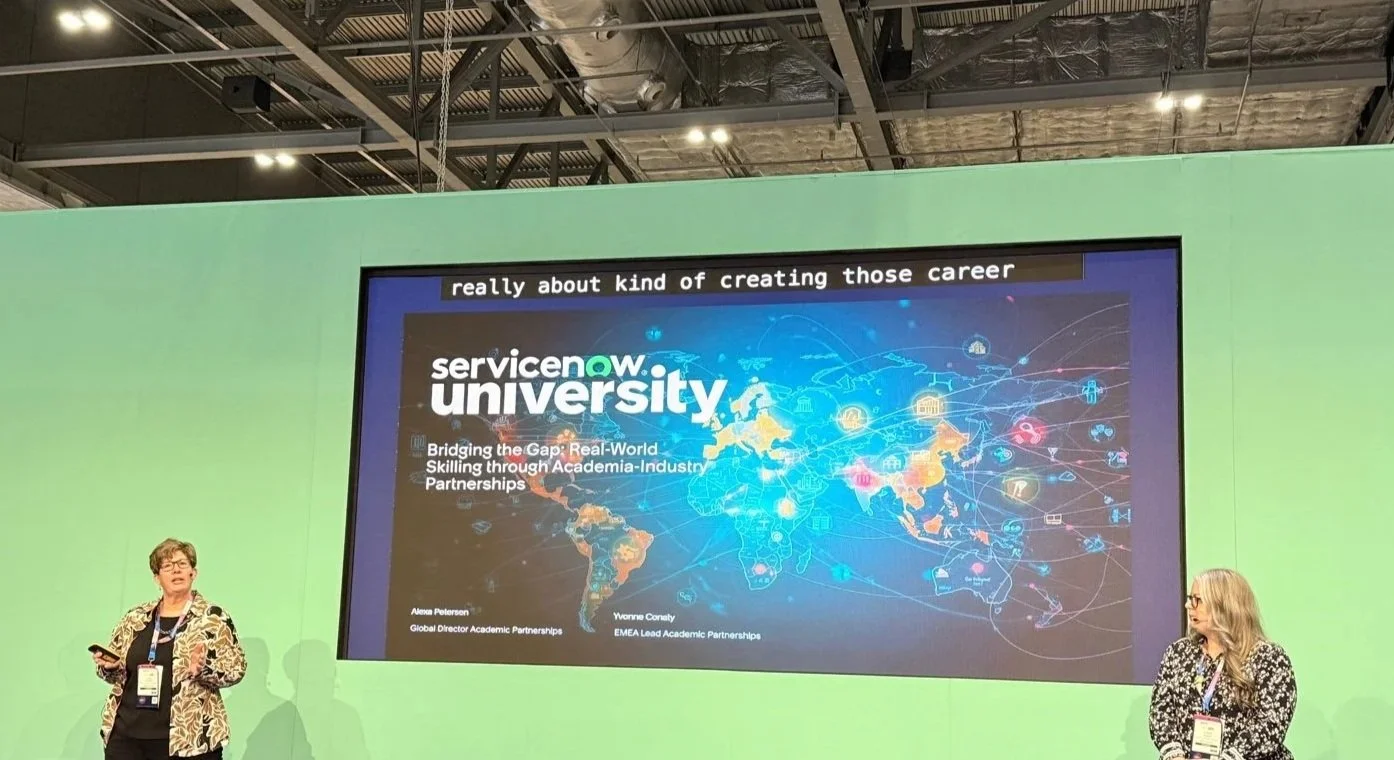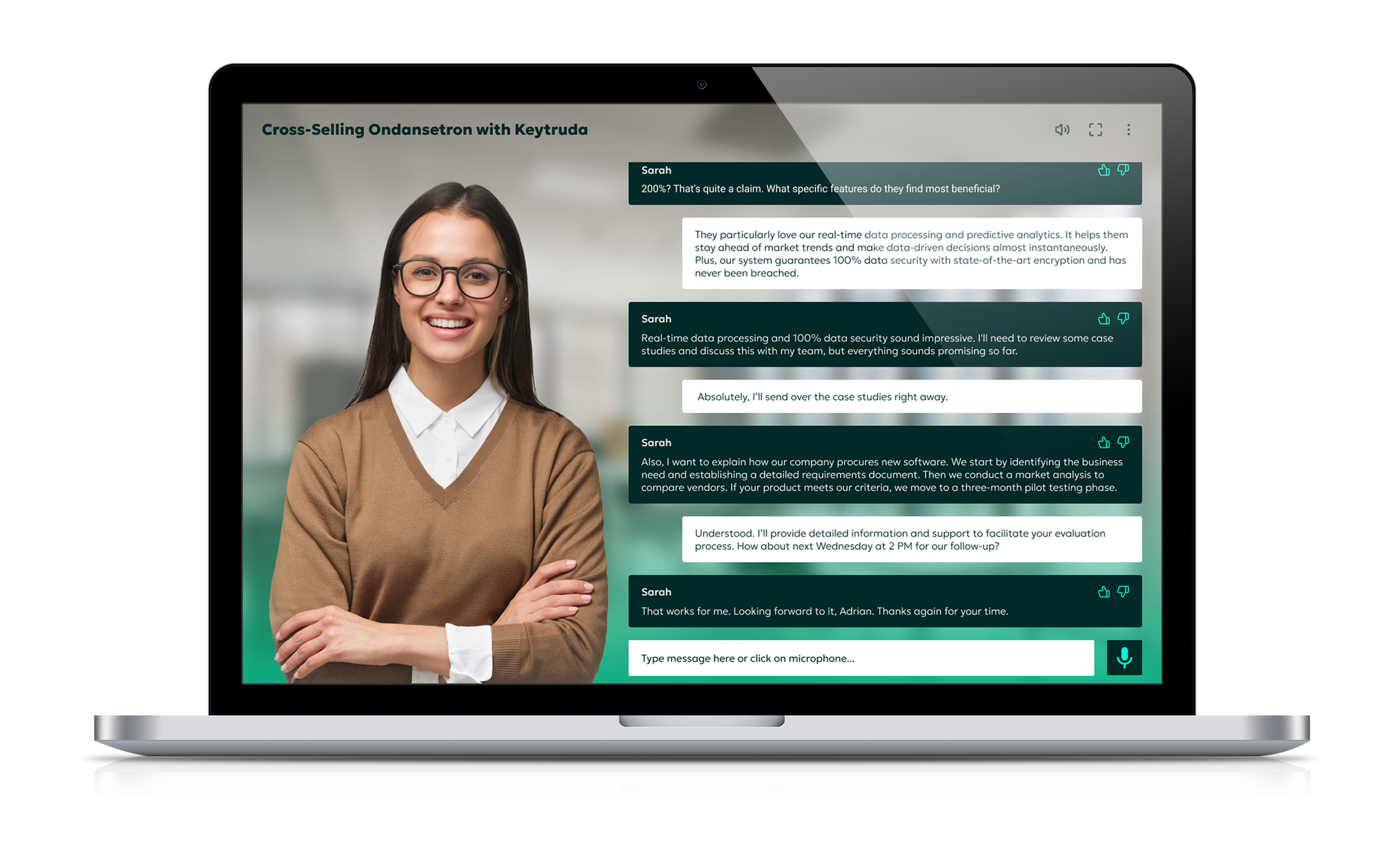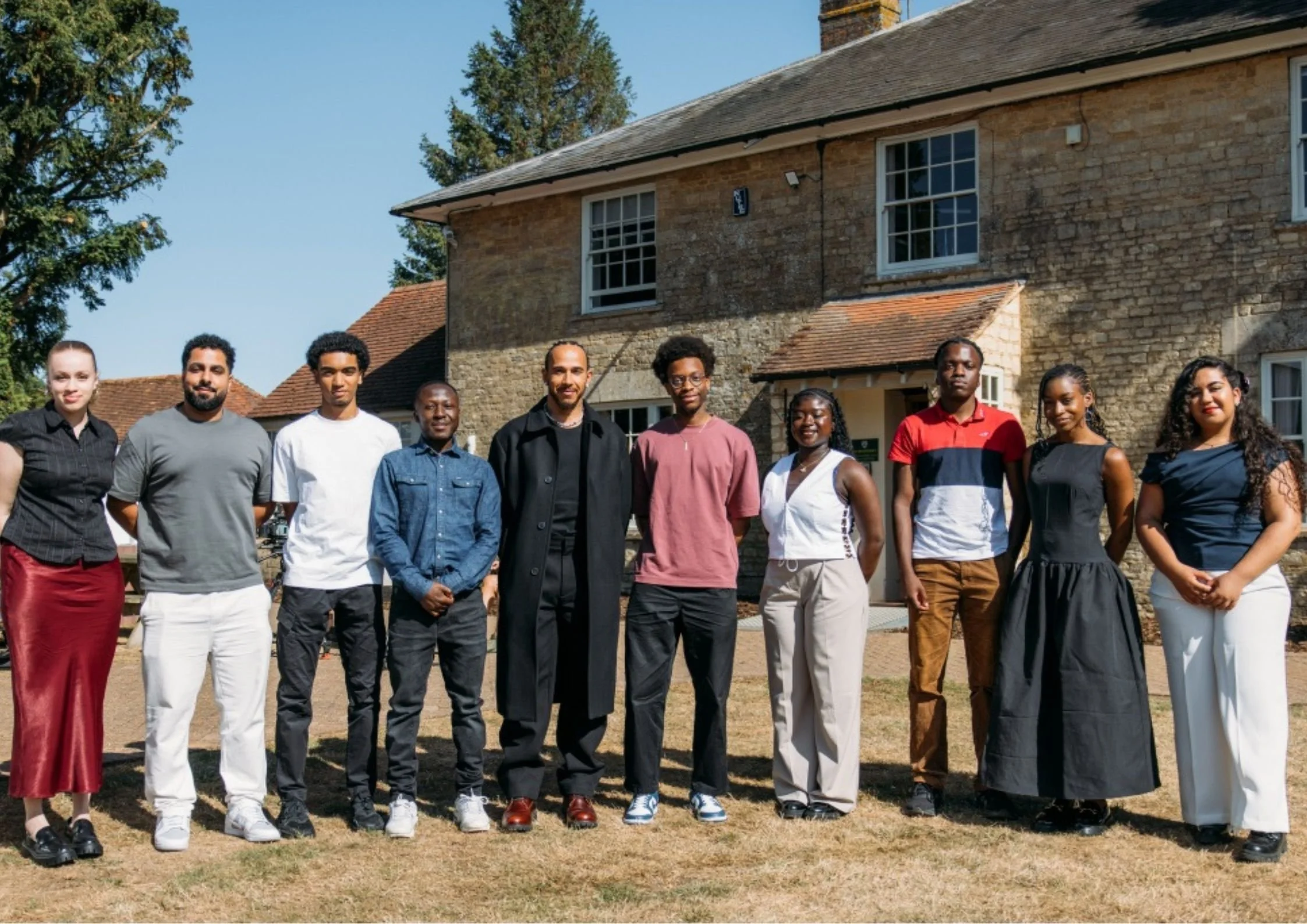EdTechX Summit: How can we address the UK’s skills gap in a changing market?
An expert panel at the EdTechX Summit in London considers the innovations and strategies currently being implemented to address the skills gap in the U.K. and what is needed to ensure the workforce is ready for the future.
“There are skills gaps everywhere,” Rob Bristow, CEO and Founder at College Online, told delegates. “But there is a broad consensus on the biggest gap being the ‘missing middle’.” He explained this refers to higher or national diplomads. “There is a big gap here and enormous demand from working adults looking to improve their lives.”
Digital platform FutureLearn’s Executive Chairman Jo Johnson said skills have been underinvested in by both the U.K.’s Department for Education and businesses. “Employers are concerned about the cost of training,” he explained, adding that there is a lack of incentive provided by the government as well.
“The Treasury is the most important organization to drive change,” Johnson added “But it does not want to invest in skills.” He argued that colleges and independent training institutions have suffered from underinvestment as a result.
Abid Ismail, Chief Financial Officer at education provider City and Guilds blamed the current state of skills in the U.K. on a “perfect storm of demand and contraction on the supplier side” over the past decade. “Brexit and Covid-19 have also had an impact,” he added. “We’re now seeing investment in sectors that we don’t have the skills to support.”
Bristow added that technology has “great potential” to improve efficiency and learning outcomes in education, but also increase access to education. He noted the popularity of online degrees, with most of these completed by working adults. “They’re reaching an entirely new audience,” he explained.
However, Bristow argued that consumer demand would pave the way, rather than government policy. “People really want to improve their lives - and that consumer demand is going to put us in a much better place.”
Looking ahead, Ismail said that “earn and learn” routes such as apprenticeships will be increasingly important, noting that courses often viewed as “vocational” will be the route into careers that are not impacted by the increasing use of AI. He said that employers will have a role to play here, as well as educational institutions.
However, Bristow also called for an end to the perceived split between vocational and academic courses. “There is this ridiculous split between knowledge and skills,” he explained. “We need to stop talking about them as if they are not the same thing.



